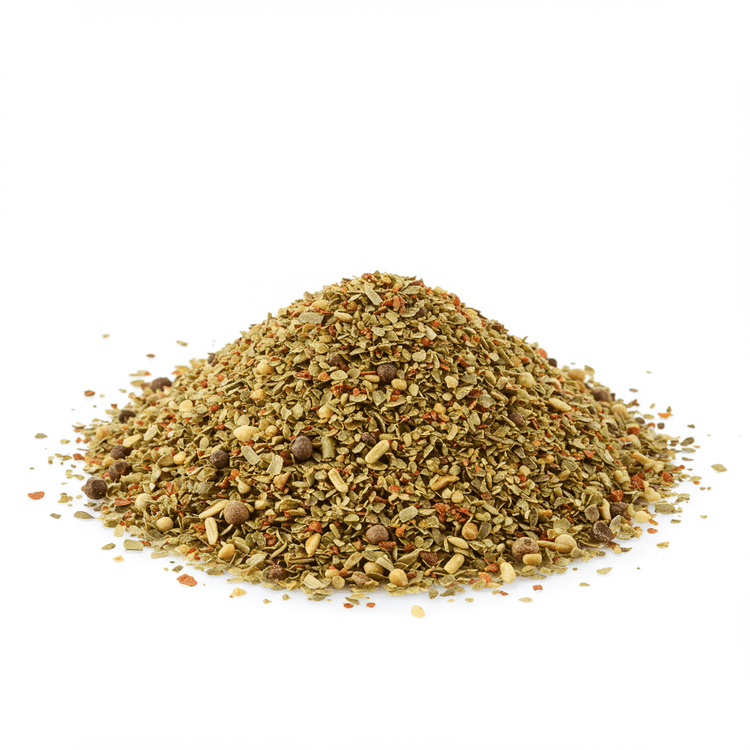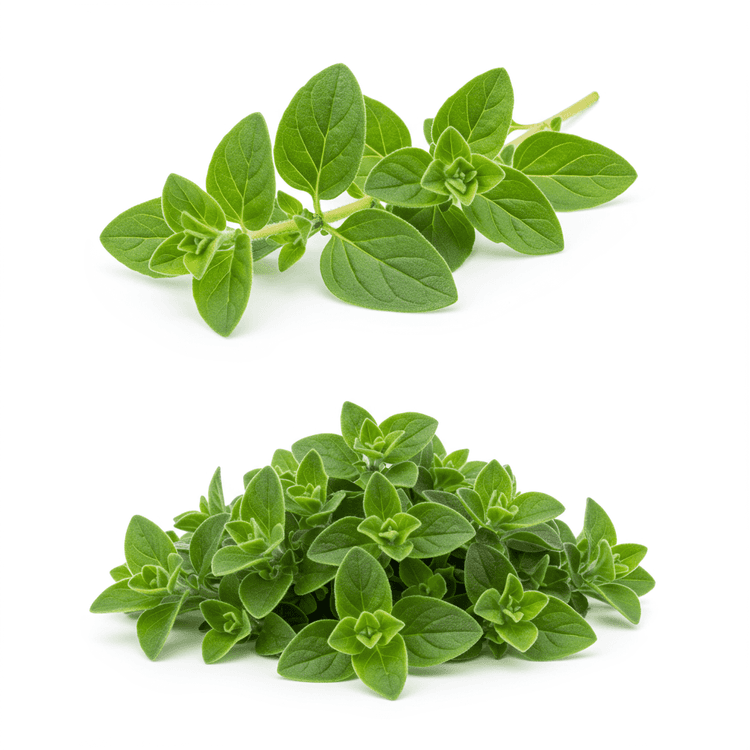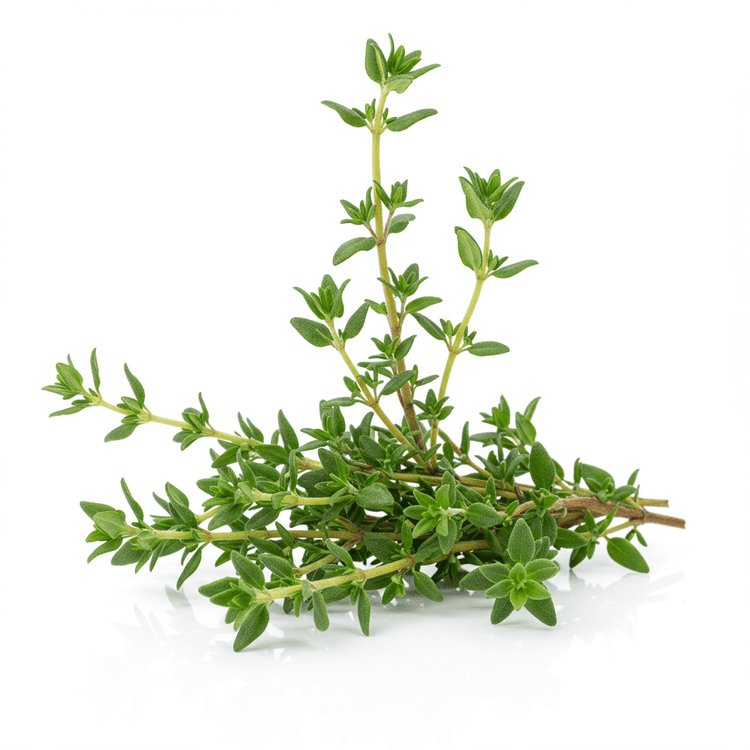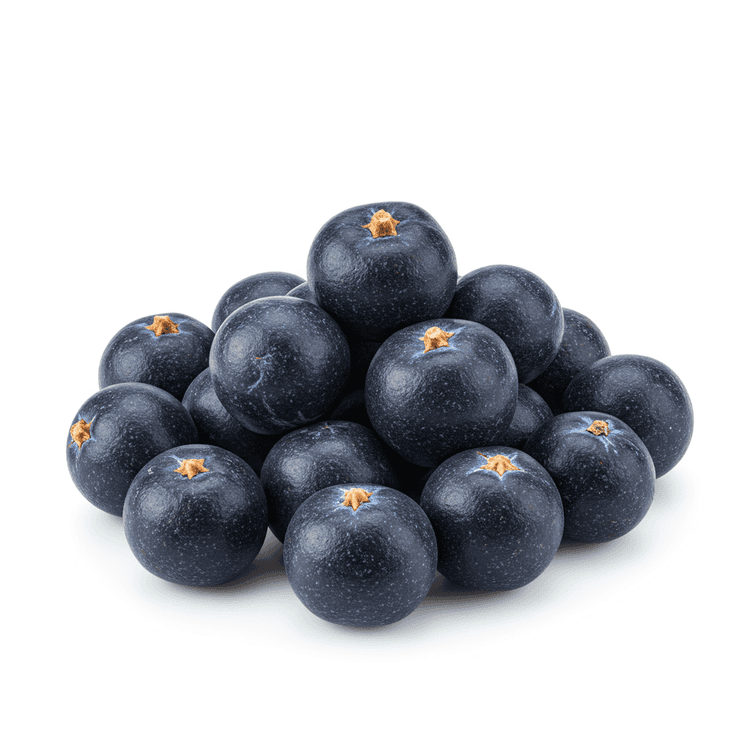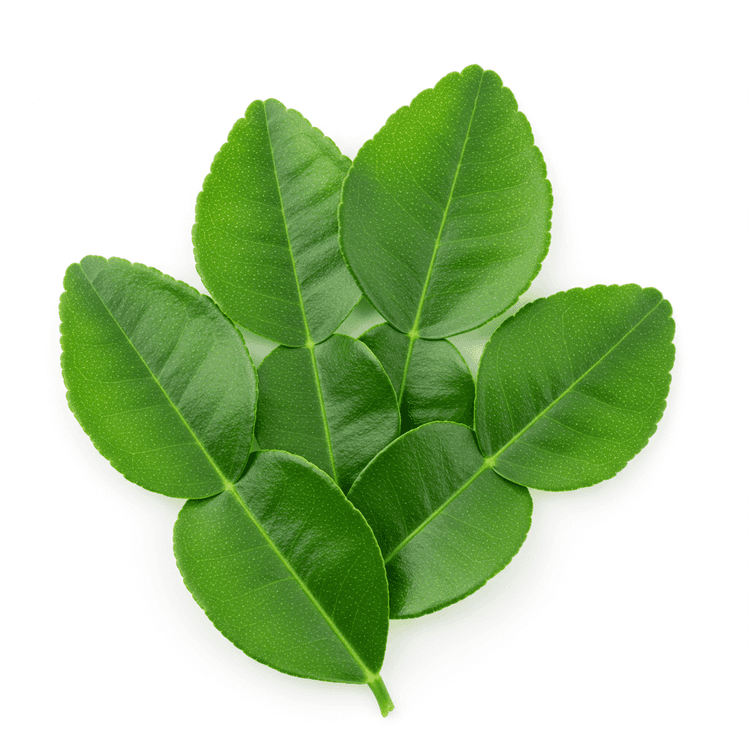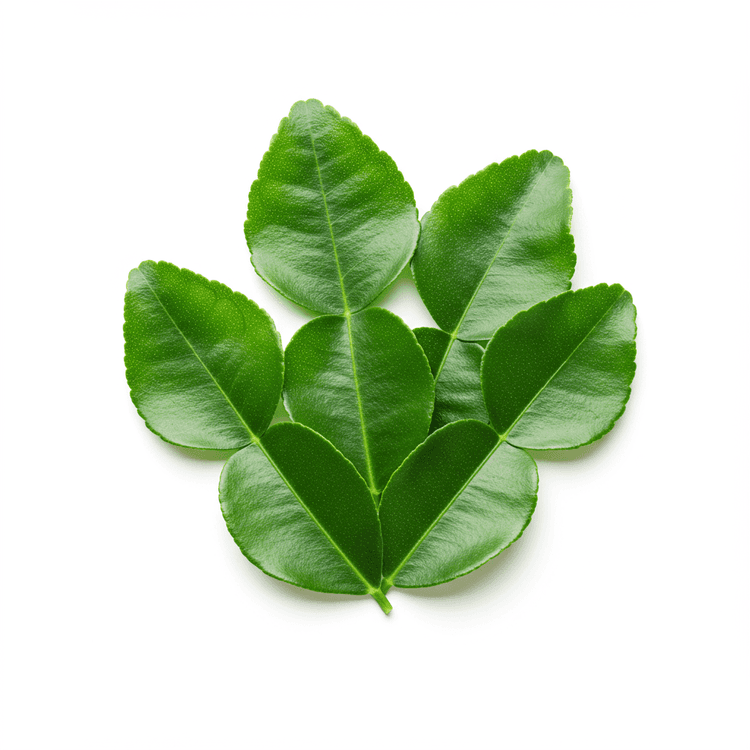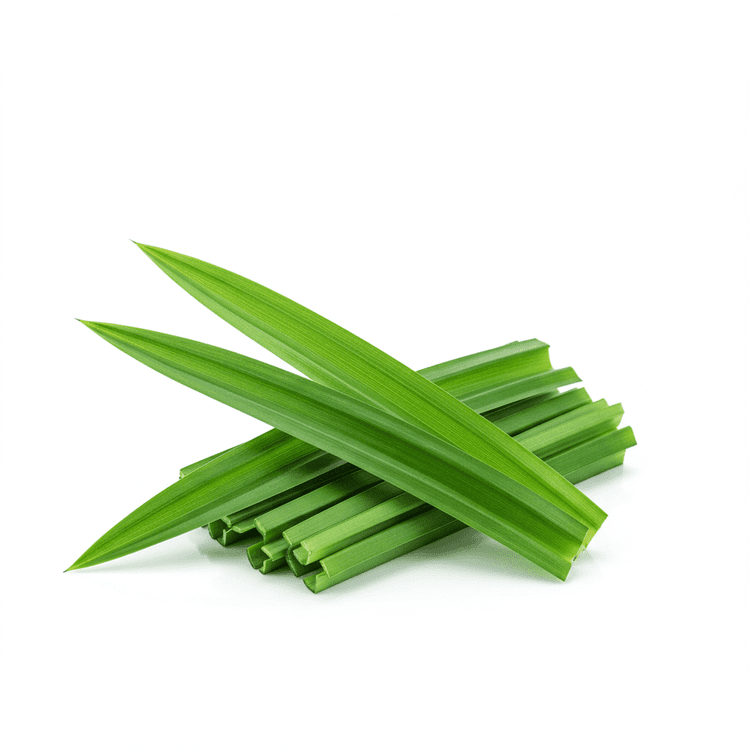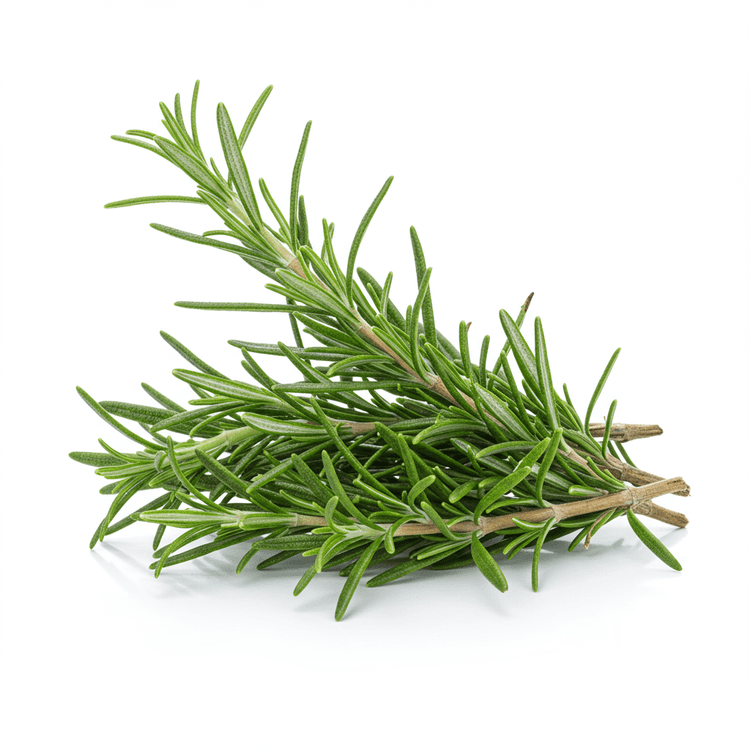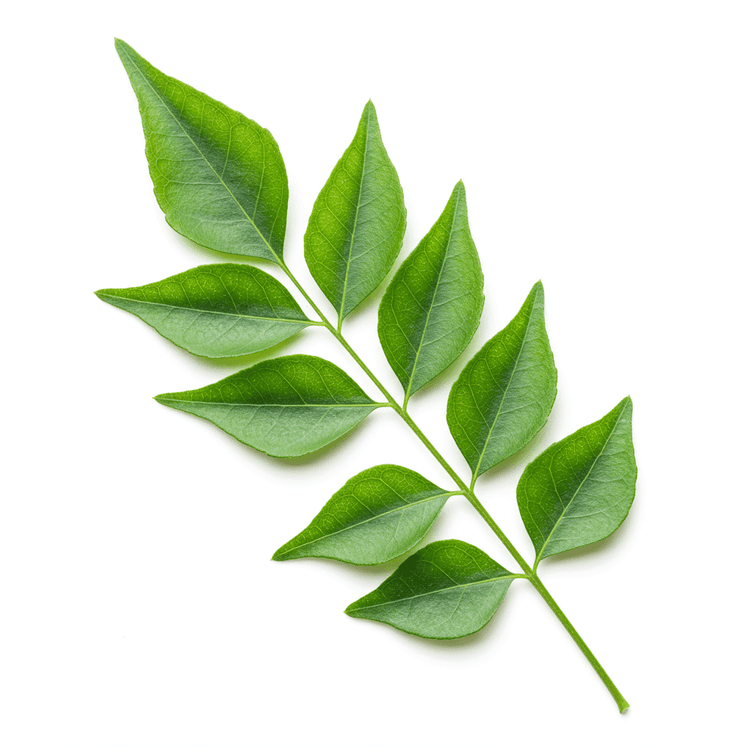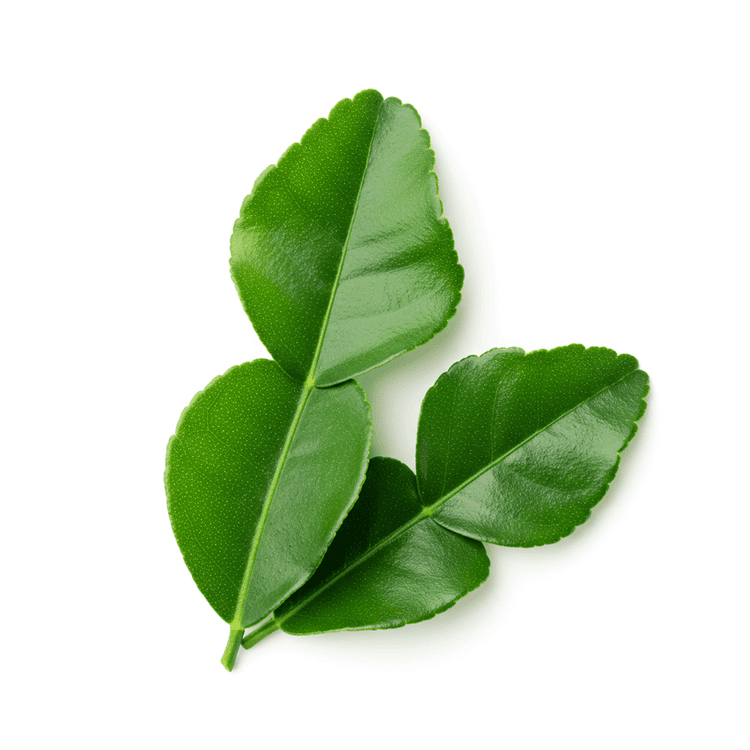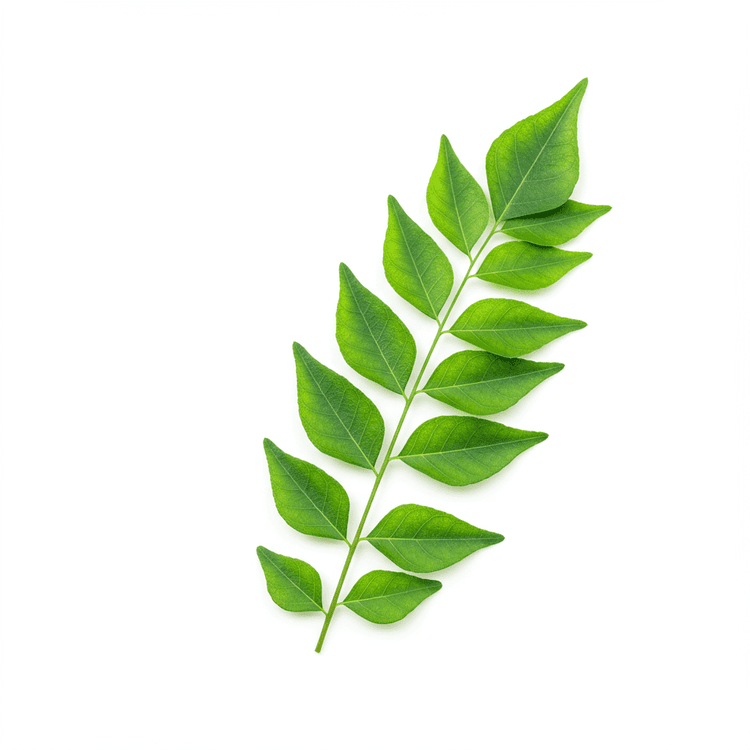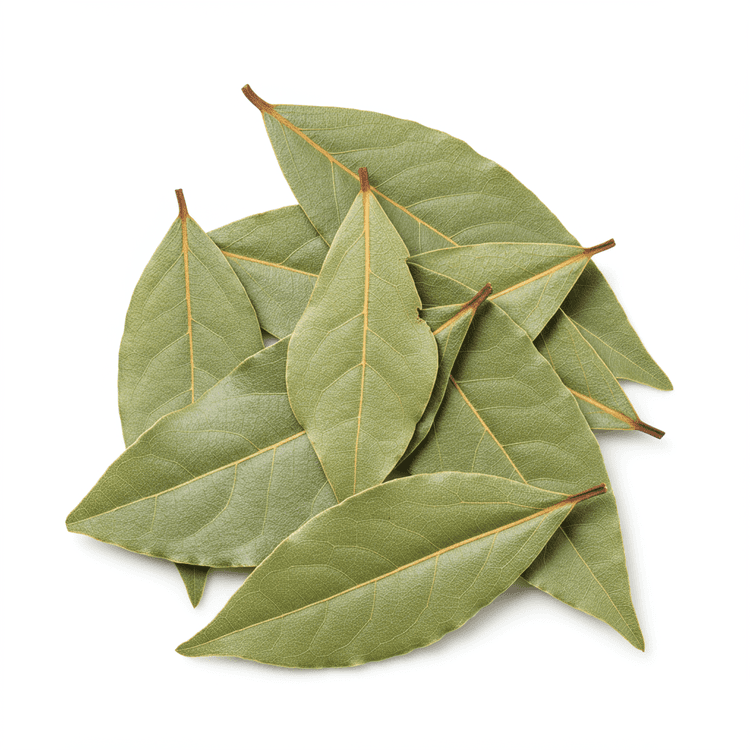
Bay Leaf
Bay leaf, also known as laurel leaf, is an aromatic leaf used in cooking. These stiff, oblong leaves, typically olive green to brownish-green, impart a subtle, woody, and slightly floral flavor to dishes. While not typically eaten directly, bay leaves are simmered in sauces, soups, and stews to infuse their distinctive savory essence, enhancing the overall depth and complexity of flavor. Discover the best bay leaves for your culinary creations and learn how to properly use bay leaves to elevate your dishes to new heights.
Common Uses
- Used in soups and stews: Adding bay leaves to soups and stews during the simmering process infuses a subtle, savory flavor that enhances the overall complexity of the dish. Remember to remove the bay leaves before serving.
- Infusing sauces: Bay leaves are commonly used to flavor tomato sauces, béchamel sauce, and other savory sauces. Simmering them in the sauce releases their aromatic oils, imparting a delicate, herbaceous flavor.
- Flavoring braised meats and poultry: Bay leaves are often added to braising liquids when cooking meats like beef, lamb, or chicken. The leaves contribute a subtle, earthy flavor that complements the richness of the meat.
- Pickling and brining: Bay leaves can be included in pickling brines for vegetables or meats. They add a layer of aromatic complexity to the pickling process, enhancing the flavor of the finished product.
- Rice and grains: Adding a bay leaf to the cooking water when preparing rice, quinoa, or other grains can subtly enhance their flavor, giving them a more aromatic and savory profile.
- Marinades: Crushed or whole bay leaves can be added to marinades for meats, poultry, or seafood, imparting a subtle herbal note that complements the other marinade ingredients.
Nutrition (per serving)
Nutrition (per serving)
Calories
2.0kcal (0.1%)
Protein
0.1g (0.2%)
Carbs
0.5g (0.18%)
Sugars
0.0g
Healthy Fat
0.0g
Unhealthy Fat
0.0g
% Daily Value based on a 2000 calorie diet
Nutrition (per serving)
Calories
2.0kcal (0.1%)
Protein
0.1g (0.2%)
Carbs
0.5g (0.18%)
Sugars
0.0g
Healthy Fat
0.0g
Unhealthy Fat
0.0g
% Daily Value based on a 2000 calorie diet
Health Benefits
- May improve digestion and reduce bloating due to its enzymes.
- Can act as an anti-inflammatory agent, potentially easing arthritis symptoms.
- Rich in antioxidants that help protect cells from damage and support overall health.
- May contribute to respiratory health by helping to clear congestion.
- Some studies suggest it may help regulate blood sugar levels.
- Potential source of Vitamin A, Vitamin C, iron, and potassium.
Substitutes
Chefadora AI is here.
Experience smarter, stress-free cooking.
Storage Tips
Store bay leaves in an airtight container away from direct sunlight and heat. Dried bay leaves should be kept in a cool, dark, and dry place, such as a pantry or cupboard. When stored properly, dried bay leaves can maintain their flavor for up to two years. It is generally not recommended to refrigerate or freeze dried bay leaves.
Marnirni-apinthi Building, Lot Fourteen,
North Terrace, Adelaide, South Australia, 5000
Australia
